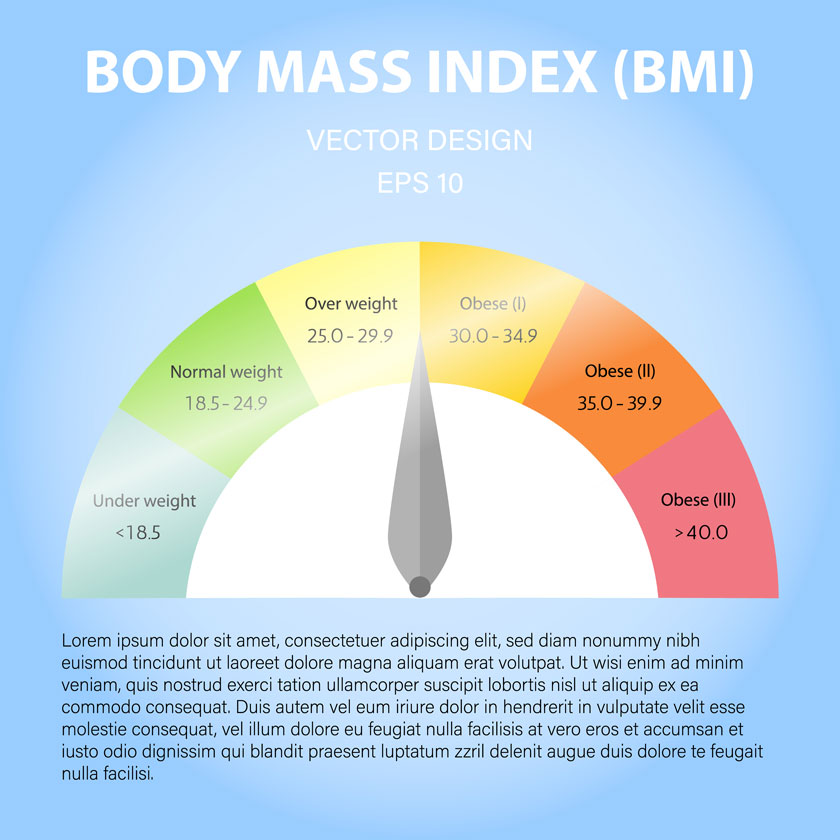Navigating the golden years involves paying close attention to various health indicators, one of which is weight. For senior females, maintaining an appropriate weight is crucial for overall health and well-being. The weight chart for seniors female serves as an important guide in this regard. It helps in understanding what an ideal weight range should be, considering age and height factors.
The Significance of Weight Management in Later Years
As women enter their senior years, their bodies undergo various changes that can affect weight. Metabolism slows down, muscle mass decreases, and there might be hormonal changes – all of which can influence weight gain or loss. Managing weight is not just about aesthetics; it is crucial for preventing or managing health conditions like diabetes, heart disease, and joint problems.
Understanding BMI in Senior Females
The Body Mass Index (BMI) is commonly used to assess whether an individual is within a healthy weight range. For seniors, however, BMI should be interpreted with caution. As women age, they may lose muscle mass, and BMI might not accurately reflect body fat content. Nevertheless, it remains a useful general guideline.
- Underweight: BMI less than 18.5
- Normal weight: BMI 18.5 – 24.9
- Overweight: BMI 25 – 29.9
- Obesity: BMI 30 or more
For senior females, a BMI between 23 and 30 might be considered healthier, as some studies suggest that a slightly higher BMI can be protective against certain age-related health issues. However, this does not negate the importance of avoiding excessive weight gain.
Healthy Weight Chart for Seniors Female
The American Cancer Society provides guidance on healthy weight ranges that correspond to a moderate BMI for various heights. Below is a healthy weight chart for women detailing the recommended weight ranges based on height:
| Height (Feet and Inches) | Healthy Weight Range (Pounds) |
| 4’10” | 91 – 118 |
| 4’11” | 94 – 123 |
| 5’0″ | 97 – 128 |
| 5’1″ | 100 – 132 |
| 5’2″ | 104 – 136 |
| 5’3″ | 107 – 141 |
| 5’4″ | 110 – 145 |
| 5’5″ | 114 – 150 |
| 5’6″ | 118 – 154 |
| 5’7″ | 121 – 159 |
| 5’8″ | 125 – 164 |
| 5’9″ | 128 – 169 |
| 5’10” | 132 – 174 |
| 5’11” | 136 – 179 |
| 6’0″ | 140 – 184 |
| 6’1″ | 144 – 189 |
Factors Influencing Ideal Weight
- Individual Health Conditions
When considering the weight chart, it is important to factor in individual health conditions. For instance, a woman with osteoporosis might be advised to maintain a slightly higher weight to reduce the risk of fractures.
- Lifestyle and Mobility
Lifestyle and mobility also play a role in determining an ideal weight. Active seniors might have more muscle mass and, therefore, may weigh more but still be healthy.
Practical Applications in Retirement Communities
- Regular Health Monitoring
In a retirement community setting, regular monitoring of weight is essential. This ensures that any significant weight changes are noticed and addressed promptly. Retirement communities often have healthcare professionals who can provide guidance based on the weight chart and individual health profiles.
- Nutrition and Diet
Considering nutrition is vital for weight management. Retirement communities offer services and amenities that include balanced meal plans designed to cater to the nutritional needs of senior females. These meal plans take into account the appropriate calorie intake needed to maintain a healthy weight.
- Incorporating Regular Exercise
Exercise is a key component of maintaining a healthy weight. Retirement communities often provide various physical activities and fitness programs suited for senior females, helping them to stay active and manage their weight effectively.
Connection Between Weight and Mental Well-being
Finally, it is important to acknowledge the role of mental and emotional health in weight management for senior females. Stress, depression, and other emotional factors can significantly impact eating habits and physical health. Senior females, like all individuals, may experience changes in weight due to emotional factors.
Addressing Emotional Health
In a retirement community, addressing the emotional and mental well-being of residents is as crucial as their physical health. Activities that promote social interaction, programs for mental stimulation, and access to mental health services play a vital role in maintaining a balanced lifestyle. These programs not only support mental health but can indirectly aid in managing a healthy weight.
A comprehensive approach to weight management for senior females encompasses understanding the weight chart, individual health needs, lifestyle choices, physical activity, and mental well-being. In retirement communities, the integration of healthcare monitoring, activities and events, nutritional planning, physical fitness programs, and other supportive senior living programs creates an environment conducive to maintaining a healthy weight. By considering all these aspects, senior females can achieve a balanced and healthy lifestyle, enhancing their overall quality of life in their golden years.






